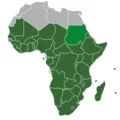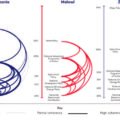The triple differential vulnerability of female entrepreneurs to climate risk in sub-Saharan Africa: Gendered barriers and enablers to private sector adaptation
Research article by Kate Elizabeth Gannon, Elena Castellano, Shaikh Eskander, Mamadou Diop, Declan Conway, Elizabeth Sprout on 15 Jun 2022
The authors of this paper conduct a systematic review to synthesize existing knowledge on differential vulnerability of female entrepreneurs in Africa to climate risk, in relation to their sensitivity to extreme climate events and their adaptive capacity.





